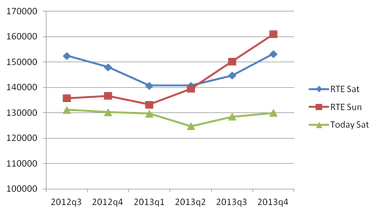
The biggest winner in the battle of the weeknight sports programmes is NewsTalk's Off-the-Ball. The 2013 Q4 figures for the programme are up over 10% on the same quarter from 2012. These figures must be hugely satisfying for Ger Gilroy and the new team of presenters on the programme. It is 11 months since the programme lost what seemed like an irreplacable group of presenters in Eoin McDevitt, Ken Early and Ciaran Murphy.
Not only did the NewsTalk programme have to deal with losing its presenters, it also had to deal with a new competitor. It is 12 months since RTE 2fm have started broadcasting its sports programme Game On. Game On competes with Off-the-Ball during the 7-8pm timeslot (although Off-the-Ball runs on until 10pm). Game On continues to draw over 20,000 listeners. Its 21,000 listeners for 2013 Q4 is the same as the figure for 2013 Q3.
The figures for this post are taken from the excellent media blog ilevel.ie.
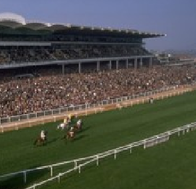
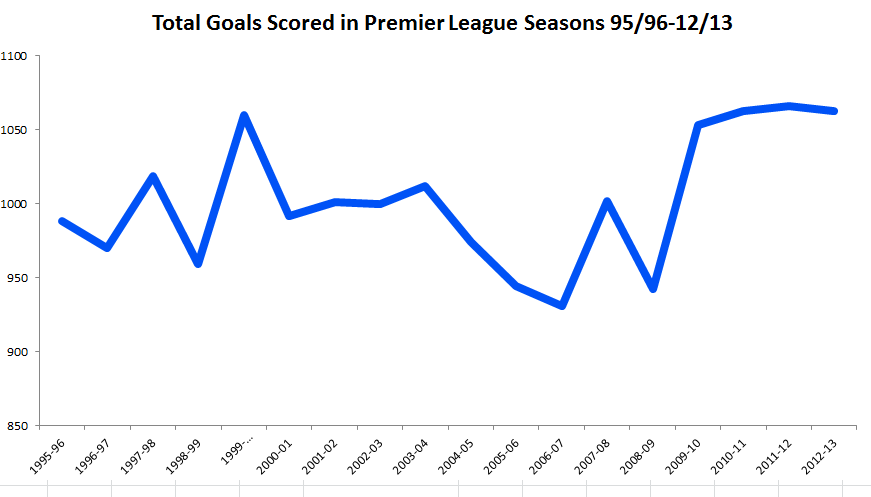
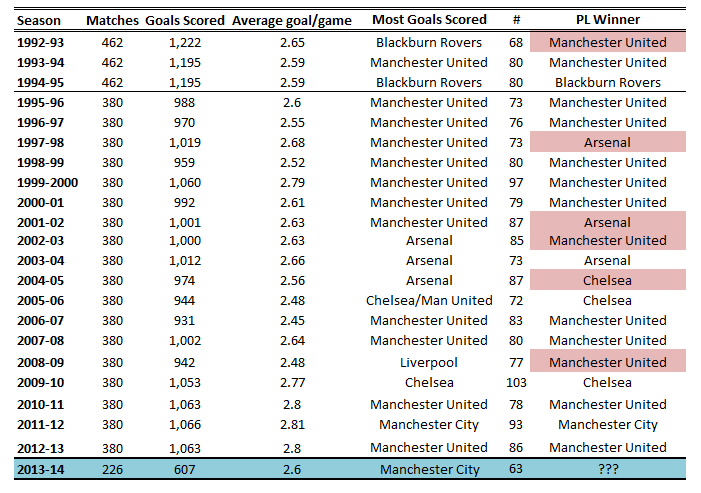
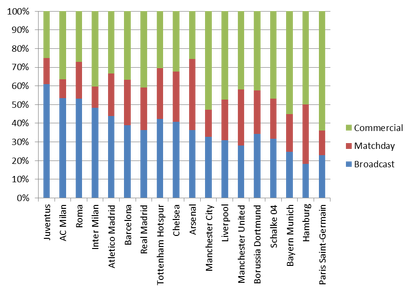

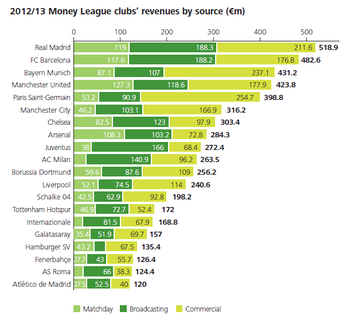
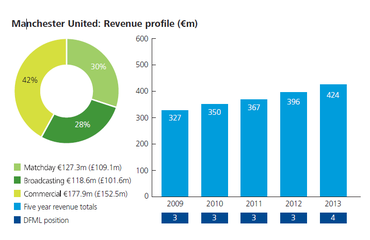
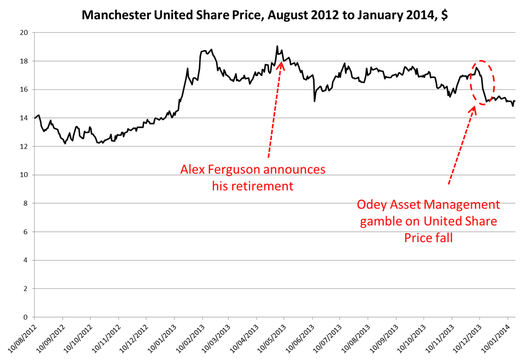
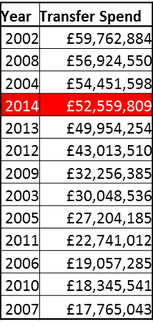
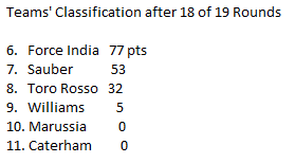

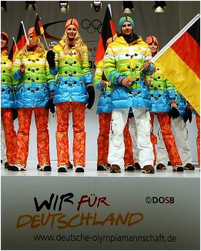
 RSS Feed
RSS Feed